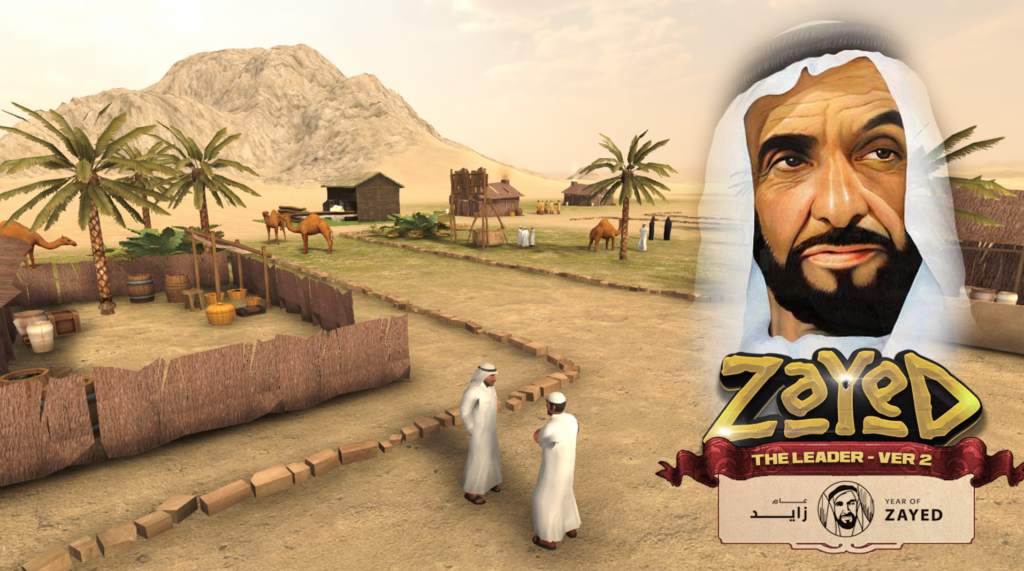The gaming industry has experienced remarkable growth in recent years, captivating millions of players worldwide who eagerly seek innovative gaming experiences. This surge in demand presents a golden opportunity for aspiring game startups and entrepreneurs to enter the market. However, as competition intensifies, it becomes vital to have distinct and captivating ideas that set your game apart. In this blog post, we’ll explore ten exceptional game development ideas to inspire the creative journey of future game startups and entrepreneurs.
1. Virtual Reality (VR) and Augmented Reality (AR) Games:
VR technology has opened up a new frontier in gaming, transporting players into fully immersive digital environments. Developing VR games allows players to explore and interact with virtual worlds, creating an unparalleled level of immersion and excitement.
With advancements in technologies like ARKit and ARCore, augmented reality games have gained immense popularity. By blending the real world with digital elements, AR games provide players with immersive experiences that enhance their surroundings, offering endless creative possibilities.
Here are some ideas for AR/VR Games:
- Alfred Assistant- https://www.mindravel.com/portfolios/alfred-assistant/
- International Space Station- https://www.mindravel.com/portfolios/international-space-station/
- Futuristic Hall- https://www.mindravel.com/portfolios/futuristic-hall-2/
- Modern Hall (DMP)- https://www.mindravel.com/portfolios/modern-hall-dmp/
2. Multiplayer Games
Multiplayer games allow numerous players to engage in the same game environment simultaneously, fostering cooperation or competition. These games enable direct or indirect communication among players through online or local network connections. Here are some ideas for multiplayers games
- Mimi Life Skills- https://www.mindravel.com/portfolios/mimi-life-skills/
- Arab Racing- https://www.mindravel.com/portfolios/arab-racing/
- Mechwars- https://www.mindravel.com/portfolios/mechwars/
3. Educational Games
Educational games, also known as serious games, entertain players while imparting educational content or facilitating learning experiences. By combining entertainment and education, these games engage players interactively, making the learning process enjoyable and effective. Here are some ideas for educational games:
- Zayed The Leader- https://www.mindravel.com/portfolios/zayed-the-leader-game/
- Cube Master https://www.mindravel.com/portfolios/cubemaster/
- Fill In https://www.mindravel.com/portfolios/fill-in/

4. Interactive Storytelling
Compelling storytelling has always been vital in game development. By focusing on interactive storytelling, you can create games that emotionally and intellectually engage players. Branching narratives, player choices, and consequences make players an integral part of the rich and dynamic story
- Stardust Adventures- https://www.mindravel.com/portfolios/star-dust-adventures/
5. Location-Based Games
Create games that utilize geolocation technology to provide location-based gaming experiences, such as scavenger hunts, augmented reality exploration, or multiplayer battles in real-world settings. Here are some examples of location-based games
6. Hyper casual Games
Hyper casual games are a genre of mobile games known for their simple mechanics, minimalistic design, and easy-to-understand gameplay. These games typically have a quick and accessible learning curve, allowing players to jump in and start playing immediately without the need for tutorials or complex instructions. Here are some examples of hyper-casual games
- Good Match Tile- https://www.mindravel.com/portfolios/good-match-tile/
- Color Dunk- https://www.mindravel.com/portfolios/colordunk/
- Easy Traffic- https://www.mindravel.com/portfolios/easy-traffic/

7. Block-Chain Based Games
Explore integrating block chain technology into game development, enabling features such as decentralized ownership, in-game economies, and unique digital assets that players can trade or sell.
- RDB LA- https://www.mindravel.com/portfolios/all-in-love-with-water-2
- Perky Pikas- https://www.mindravel.com/portfolios/perkypikas/
8. Mental Health Games
Mobile applications are on the cutting edge of closing the gap between healthcare demand and services. Mental health is an important aspect of healthcare. Apps that may gamify the soothing experience, as well as making cures and treatments more enjoyable and participatory, are really in high demand at the moment. Here are some ideas for Mental health games:
- Panacea PT- https://www.mindravel.com/portfolios/panaceapt/
9. Sports Games
Sports games simulate various sports, allowing players to engage in virtual recreations of real-world athletic activities. These games aim to capture the essence and rules of different sports, providing players with interactive and immersive experiences.
- Car Dealer- https://www.mindravel.com/portfolios/cardealer/
- Europa Truck Simulator- https://www.mindravel.com/portfolios/europa-truck-simulator/
- Prado Parking- https://www.mindravel.com/portfolios/pradoparking/




